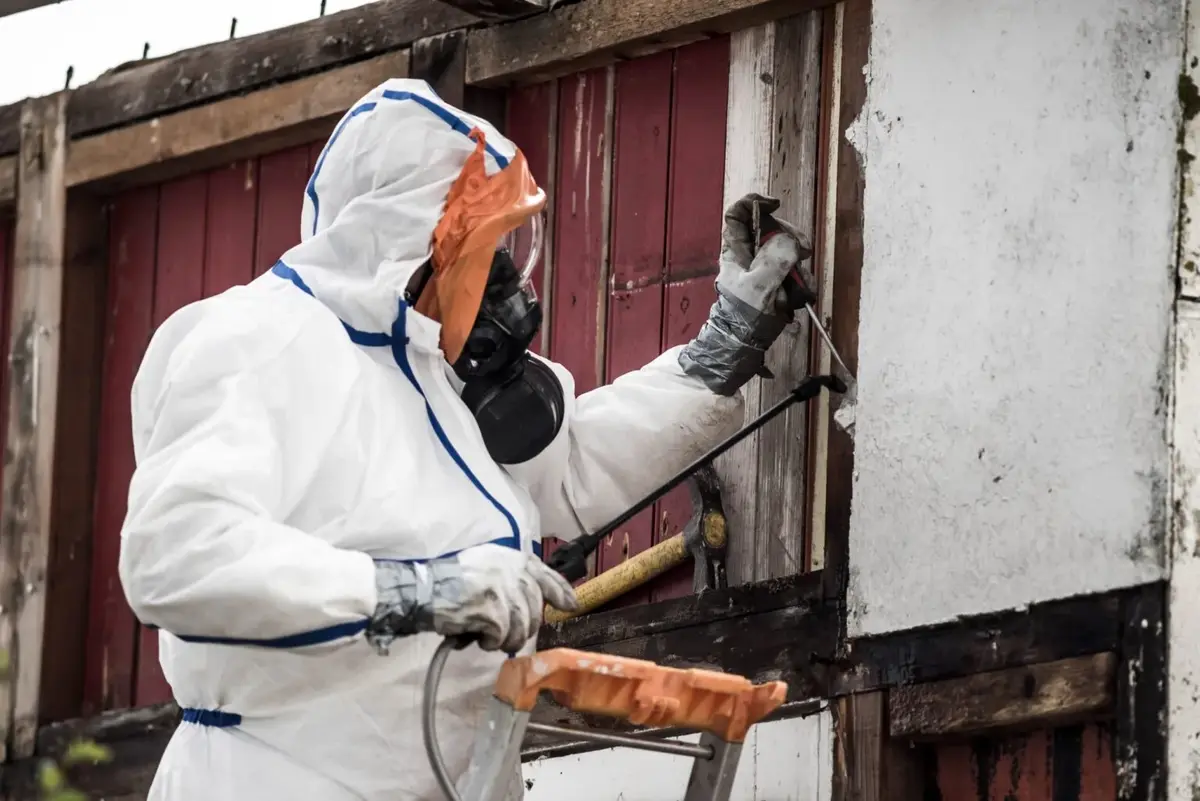In Turkey, the regulations and guidelines concerning asbestos are governed by several legislations and directives. The primary legislations include:
- Regulation on the Control of Excavation Soil, Construction and Demolition Waste
- Regulation on Health and Safety Measures in Working with Asbestos
- Regulation on Dust Control
- Waste Management Regulation
These regulations form the foundation for controlling and measuring asbestos presence.
Solid Asbestos Determination
Solid asbestos determination refers to the analysis conducted to detect the presence of asbestos in materials used for insulation, isolation, and strength. Such materials include marley, eternit roofing, water pipe coatings, window putty, valve or flange gaskets, and vehicle brake linings. The results of this analysis are presented in the report as either “present” or “absent.”
Asbestos Risk
Asbestos is a highly lethal and insidious substance. It is easy to extract from nature and is used across almost all industries. The detection of asbestos exposure often takes a long time because its effects manifest slowly, making it difficult to identify in the body. Once asbestos enters the body, it accumulates in the lungs, increasing the risk of cancer, including lung cancer and mesothelioma.
Detection of Asbestos in Solid Samples
Eliminating a risk at its source is one of the most logical solutions. Therefore, it is crucial to detect asbestos in solid materials and products before they cause harm. Asbestos can be identified through an asbestos inventory report and subsequently removed by asbestos removal specialists before it can cause damage. The removed asbestos waste is then safely disposed of and sent to regular storage facilities to prevent atmospheric contamination.
The determination of asbestos in solid samples is conducted following internationally recognized standards. The presence or absence of asbestos is verified according to the TS EN ISO/IEC 17025 standard by laboratories accredited by TÜRKAK (Turkish Accreditation Agency) and authorized by the Ministry of Labor and Social Security. Reports from these accredited entities are recognized by both the Ministry and Municipalities.
For solid asbestos determination, no numerical values are provided; the results are either “detected” or “not detected.” If the analysis is not performed by expert personnel or institutions, the probability of error increases. The six commonly known types of asbestos (chrysotile, crocidolite, amosite, anthophyllite, tremolite, and actinolite) are identified in these analyses.
The institution conducting the analysis is of paramount importance. The analyzing institution must be impartial and possess suitable laboratory conditions. The significance is further highlighted by the requirement to maintain records of analysis work for 40 years. Any margin of error can compromise the validity and accuracy of the analysis.
AEM Laboratory offers solid asbestos determination services with a professional team, technical capabilities, and a commitment to quality service.




